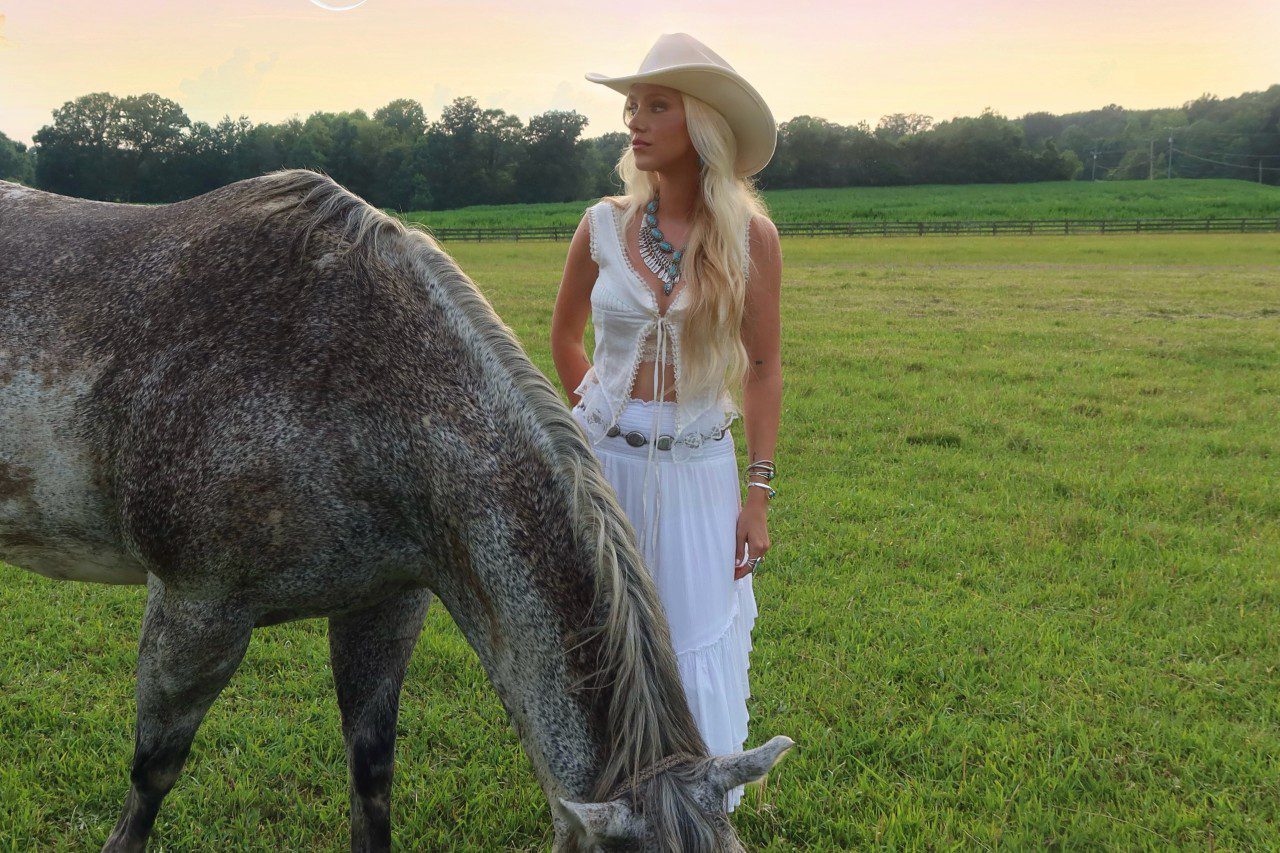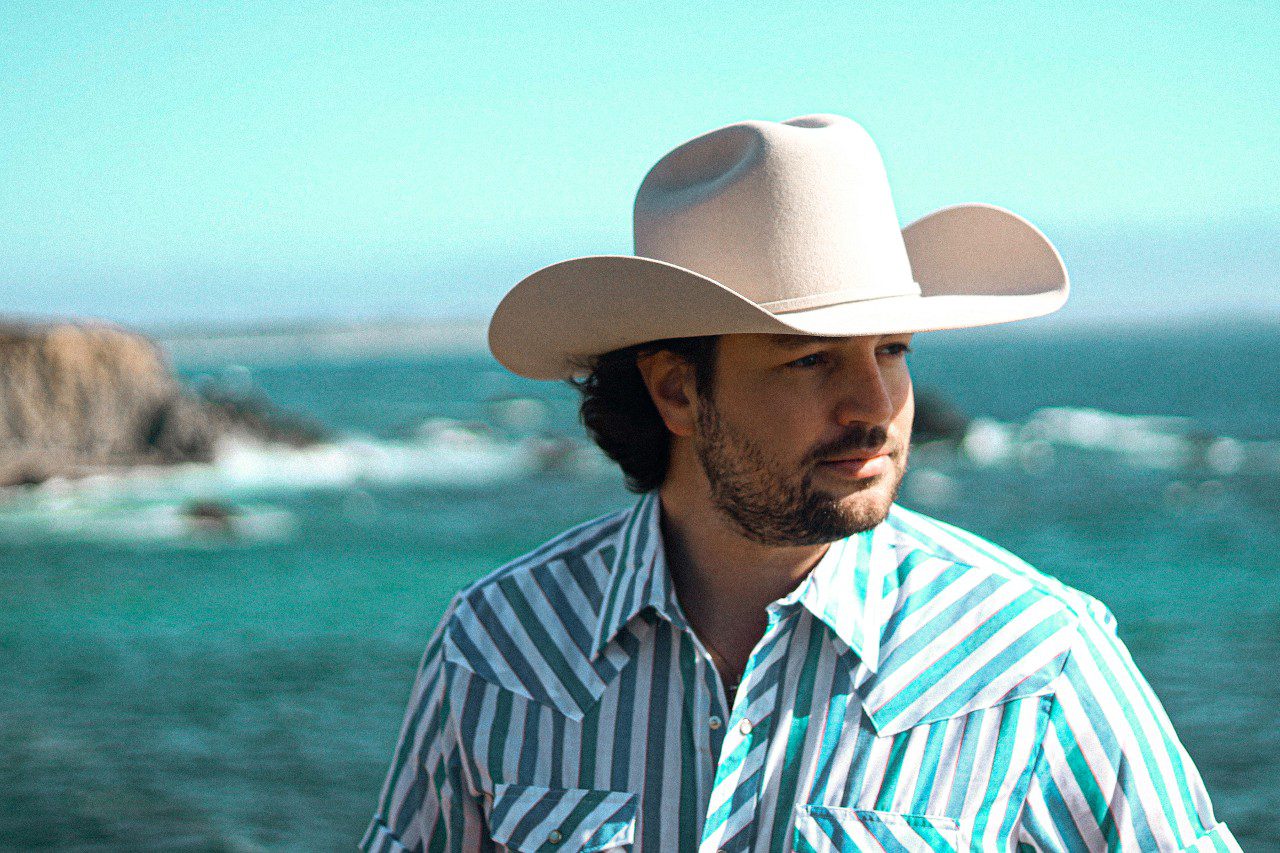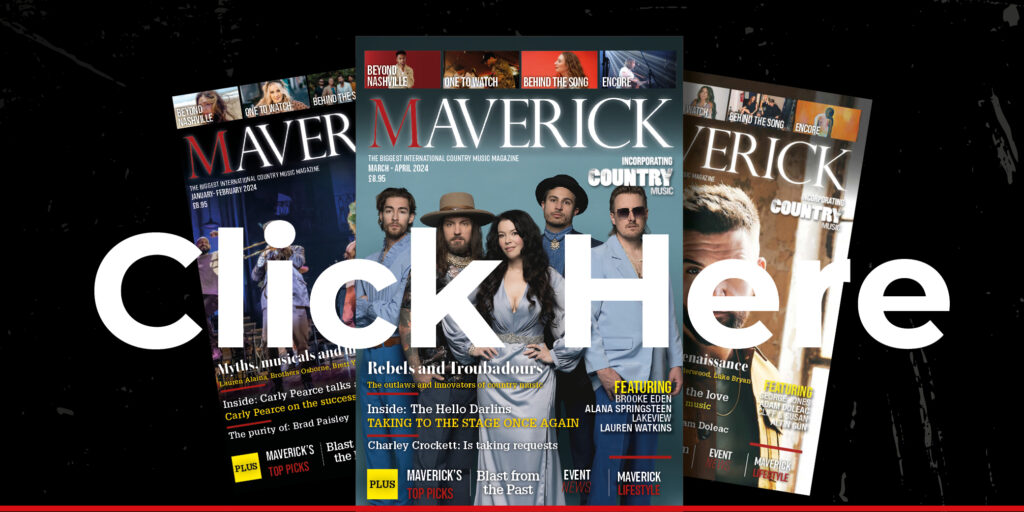
Spotlight: David Kelly
Can you tell us more about your latest musical project, ‘The Brig Lily’? How did this collaboration come together, and what inspired the lyrics?
‘The Brig’ was written as a performance poem and provided me with one or two moments of real satisfaction before the two young men were born. In the verse I postulate that the explosion was to hide theft. It is more probable that it was to destroy evidence of slaving.
You mentioned working with younger musicians like Joe McGuigan and Owen Williams, though your connection is somewhat tenuous. How did these collaborations shape the sound of ‘The Brig Lily’, and what was it like bringing your lyrics to life through their music?
The collaboration, such as it is, was transactional. I had songs written to music, one in particular I wished to hear sung, which they agreed to sing for a very small cost. Joe asked to see a book of my work and the next thing The Brig song appeared. The stirring music is entirely their own. Your lyrics seem deeply influenced by rural life and history, especially with the connection to Manx heritage.
How do you balance personal experience with storytelling in your songwriting?
Balance is everything, it is either there or it is not. You do not have to think about it, if something gets out of kilter the project dies.
Having come from a background that was not centered on music, how do you find the inspiration to write songs? Do you approach writing as you do with your poetry, or does music bring out a different side of your creativity?
No difference in approach except that I may be encouraged to tackle a project which I would not otherwise consider. I am a word smith, a technician, by first intent a chronicler. Working to the precise, exacting discipline of music can be very satisfying. My main aim is to always say exactly what I mean in words that others will understand. The fact that some of my work is deemed poetic, whatever that means, is innate, purely come by chance.
Given that your collaborators aren’t primarily focused on folk music, and there’s a mention of genres like Hip-hop and House, do you see your work ever crossing into other genres or evolving beyond traditional folk?
I have discussed the possibility with Joe, so maybe. My problem is I only understand the simplest form of music, theirs might be too complex for me. But we will see. You’ve mentioned that you’ve written a book about your early life, similar in tone to James Herriot’s work.
How do you feel your experiences on the farm have influenced your music and lyrics?
My book is similar to Mr. Herriot’s in construction, describing separate incidents. The tone is much more sombre. There was a notable dearth of humour in my early life. I did tend to put that part of my life behind me. Some of my later experiences undoubtedly coloured my verse.
Reflecting on your years as a dairy farmer and now a lyricist with a portfolio of songs, what has been the most rewarding part of this journey?
I was by nature and inclination and force of circumstance a stockman and I was good at it. We lost a very fine dairy herd through ill health, theirs and mine. Advancing years caught up with me and BSE gutted our byre. I will ask Pat to send a photo, the cow is not in full profit but that to me is how a dairy cow should look. Solid, tangible satisfaction. Writing is more ethereal. Adjudicators awarding honours and distinctions is rewarding in a way. Hearing a song sung is a great fillip but then if it does not get a public airing it just leaves you wondering.
Do you have any upcoming musical projects or releases that we can look forward to? What direction do you see your music taking next?
The main project at the moment is to see if anybody out there likes the material we have. The rural life on the Isle of Man seems to have a strong influence on your storytelling.
How important is this setting to your identity as an artist, and how does it shape the narratives in your music?
Just to be clear none of the music is mine. Not only what you did in your life but the way you went about it shapes your soul.
What challenges do you face as a lyricist who doesn’t sing or play music yourself? How do you overcome those obstacles when bringing your songs to life?
The challenges faced were far greater than they should have been and I am banned from saying any more. To hear them performed to this standard sheer blind outhouse good luck.
Read the full feature in our free digital magazine here: https://bit.ly/3WUe56j
Never miss a story… Follow us on:
Instagram: @Maverick.mag
Twitter: @Maverick_mag
Facebook: Maverick Magazine
Media Contact
Hannah Larvin, Editor, Maverick Magazine
Tel: +44 (0) 1622 823 920
Email: editor@maverick-country.com




